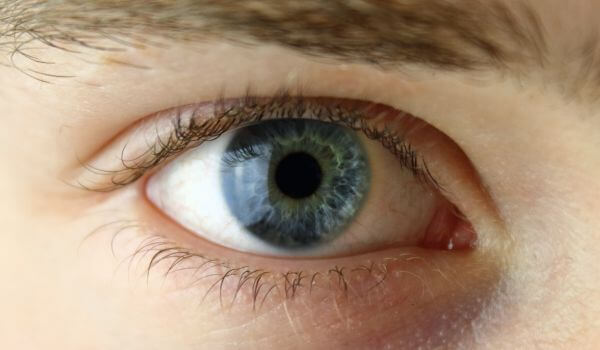This text is for informational purposes only. Please consult a doctor or pharmacist before using any medication.
Read the information leaflet that comes with the medication.
Most people who use Mekinist do not experience any adverse side effects. Doctors prescribe this medication because they assess the benefits of such treatment outweigh any likely unwanted effects.
Some of the side effects that have been reported include:
- High blood pressure
- Bleeding at various sites in the body, which may be mild or serious
- Cough
- Shortness of breath
- Diarrhea
- Nausea, vomiting
- Constipation
- Stomach ache
- Dry mouth
- Skin rash, acne-like rash, redness of the face, dry or itching skin
- Unusual hair loss or thinning
- Lack of energy or feeling weak or tired
- Swelling of the hands or feet (peripheral edema)
- Fever
When taken along with dabrafenib, there may be other side effects, such as dehydration, vision issues, heart and breathing problems, digestive issues, and skin issues.
Not all side effects are listed here. If these or other unlisted symptoms persist or worsen, consult a healthcare provider or pharmacist.
Melanoma: A healthcare professional may perform a skin exam and a biopsy to assess abnormally pigmented areas of the skin. Melanoma symptoms include changes in existing moles or new, unusual growths that can appear anywhere on the body. They may show asymmetry, multiple colors, size changes, itchiness, bleeding, or unusual borders. Should the biopsy detect cancer cells, Mekinist may be prescribed. Mekinist may be used in combination with dabrafenib to treat melanoma that has spread or cannot be surgically removed.
Non-Small Cell Lung Cancer (NSCLC): Tests that evaluate the lungs help to diagnose NSCLC. If this cancer is suspected, a biopsy will be performed. Symptoms of NSCLC include a persistent or worsening cough, coughing up blood, chest pain or discomfort, difficulty breathing, wheezing, hoarseness, loss of appetite, unexplained weight loss, fatigue, trouble swallowing, and swelling in the face or neck.
Anaplastic Thyroid Cancer (ATC): Healthcare providers commonly diagnose ATC through fine needle aspiration (needle biopsy). ATC may initially present as a lump in the throat. As the tumor enlarges on the thyroid, it can cause hoarseness by obstructing the vocal cords or lead to breathing difficulties by blocking the windpipe.













